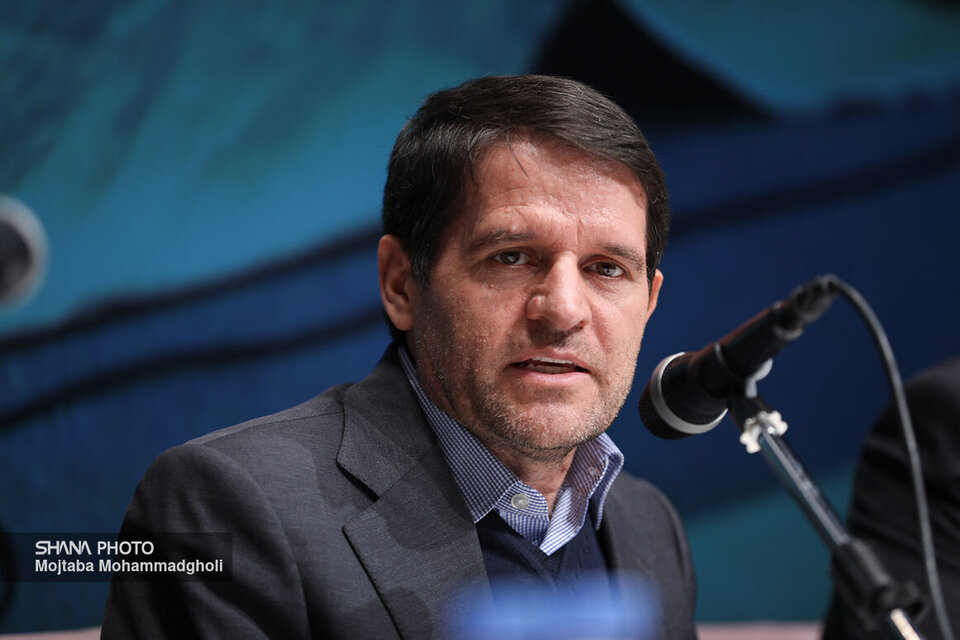Speaking Monday at the Third Iranian Petrochemical Value Chain Conference, Hassan Abbaszadeh said the company has been studying value chain development since 2019 and 2020, with a sharper focus on defining the needs of the sector.
He noted that Iran’s seventh development plan emphasizes targeted expansion of petrochemical value chains. In addition to raising installed capacity from 96.6 million tons to 131 million tons, the plan sets quantitative goals for each chain, he said.
Abbaszadeh reported that Iran produced about 75 million tons of petrochemical products from its installed capacity in the past year. Sales of 42.3 million tons in domestic and foreign markets generated about $23.8 billion in revenue.
Technical standards, feedstock security
He said the sector operated at about 78% of its nominal capacity last year, with the biggest challenge being secure feedstock supply. About 22 million tons of installed capacity remain idle, representing nearly $17 billion in investment. Ensuring steady feedstock is therefore a top priority in the current development plan, he added.
Abbaszadeh said technical knowledge remains a hurdle in developing value chains, although access has become easier as it is no longer monopolized by a few countries. He stressed that global rules on plastics production are becoming stricter, making it essential to consider standards when purchasing technology to avoid difficulties in selling products.
Propylene group as a key feedstock
According to Abbaszadeh, about 70% of feedstock for value chain projects is based on propylene. Domestic production is limited, while most global refineries produce large volumes. Iranian refineries, however, have largely prioritized fuel output over propylene.
He warned against channeling all domestic propylene into polypropylene, saying sufficient capacity will soon exist, and other chains must be developed to ensure balance.
Financing, experience, market risks
Abbaszadeh said financing value chain projects requires an integrated approach to industry development. Without upstream investment, downstream chains cannot be completed, he said.
He cited a lack of implementation experience as another barrier, discouraging investors. He said private sector firms that are willing to take higher risks are better positioned to enter such projects.
Market studies are also critical, he said, since selling specialty products is harder than marketing basic ones. Without identifying markets, he warned, companies could face serious challenges given the limited demand for some niche products.
Business environment misaligned
Abbaszadeh added that Iran’s petrochemical business environment has not adapted to value chain projects. Regulations and incentives need to be aligned, he said, pointing to the updated feedstock discount formula introduced in 2015 but only recently adjusted under settlement bond mechanisms to make it more useful for investors.


Your Comment